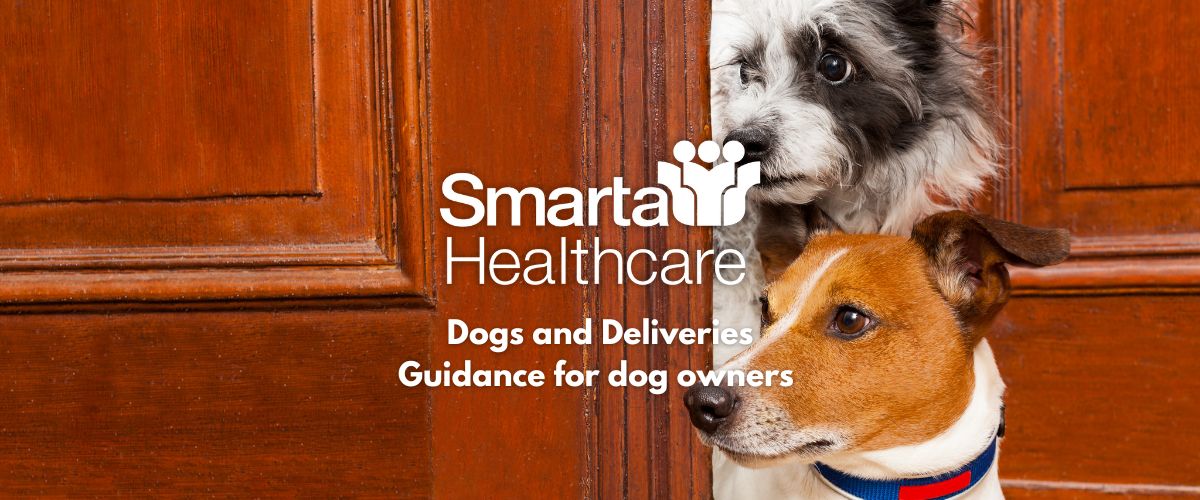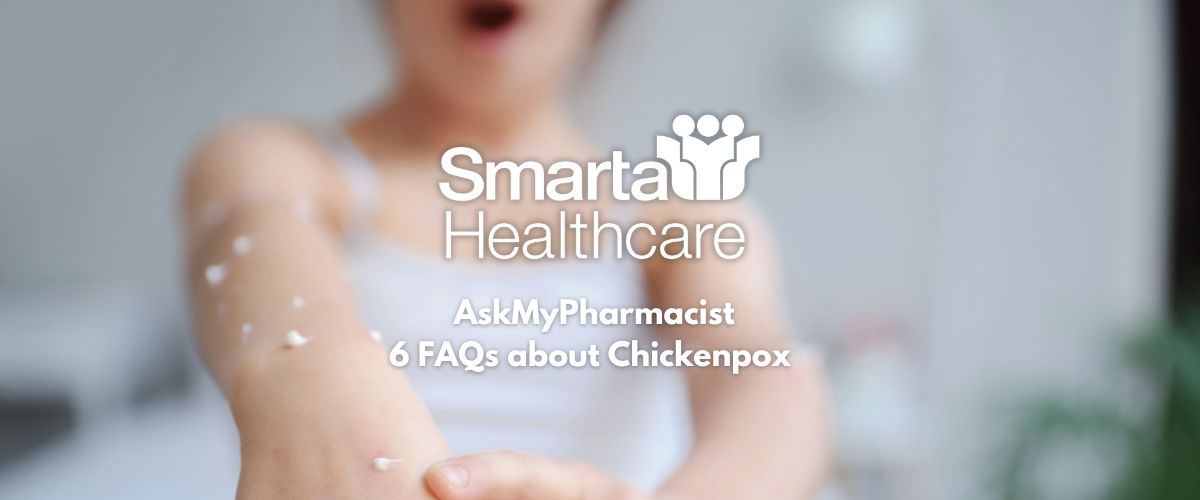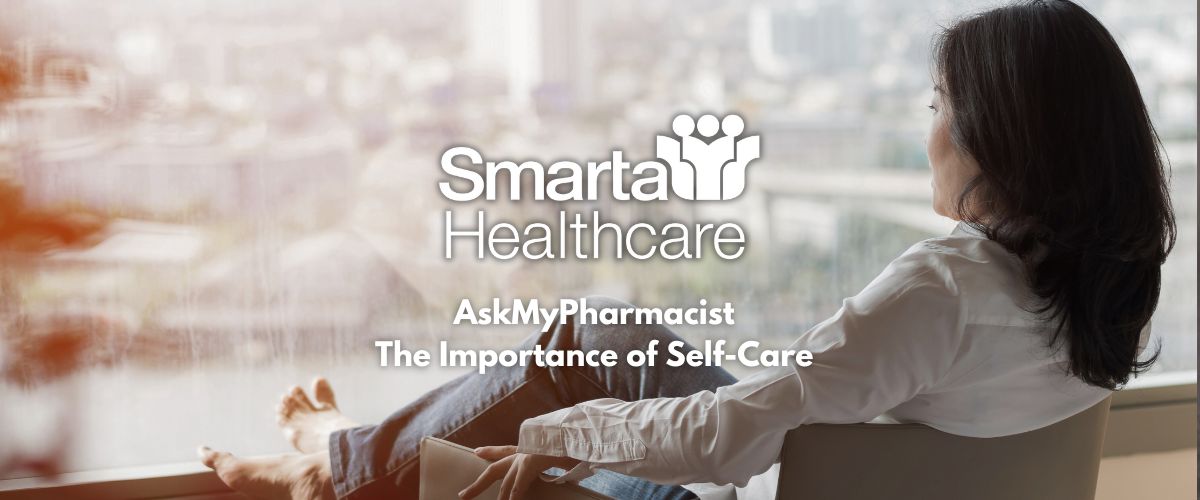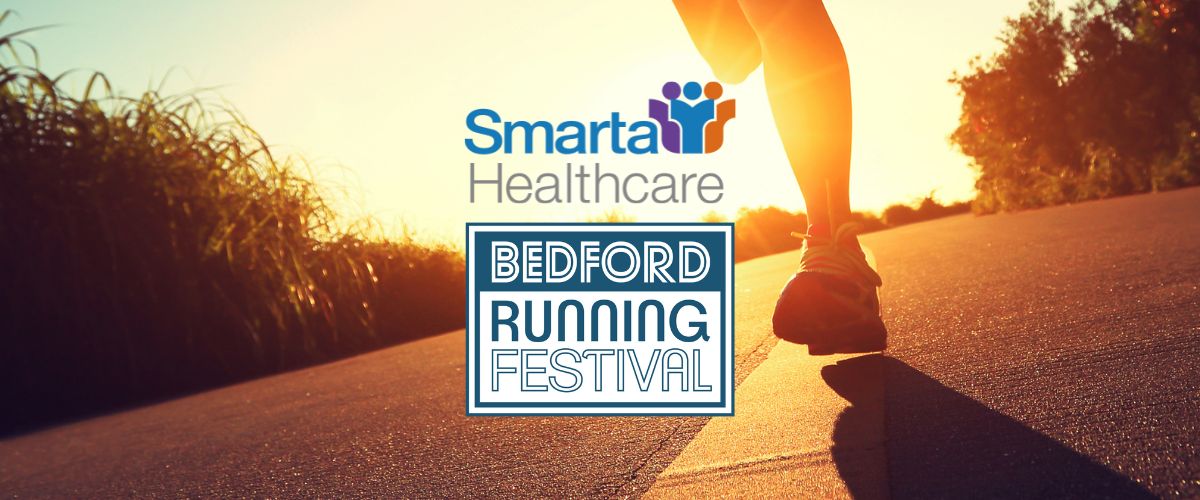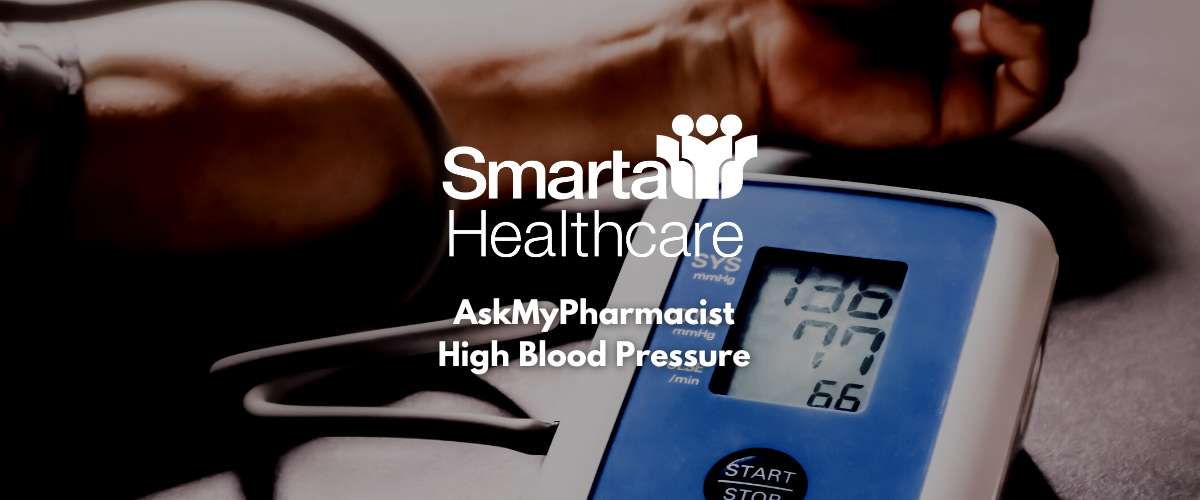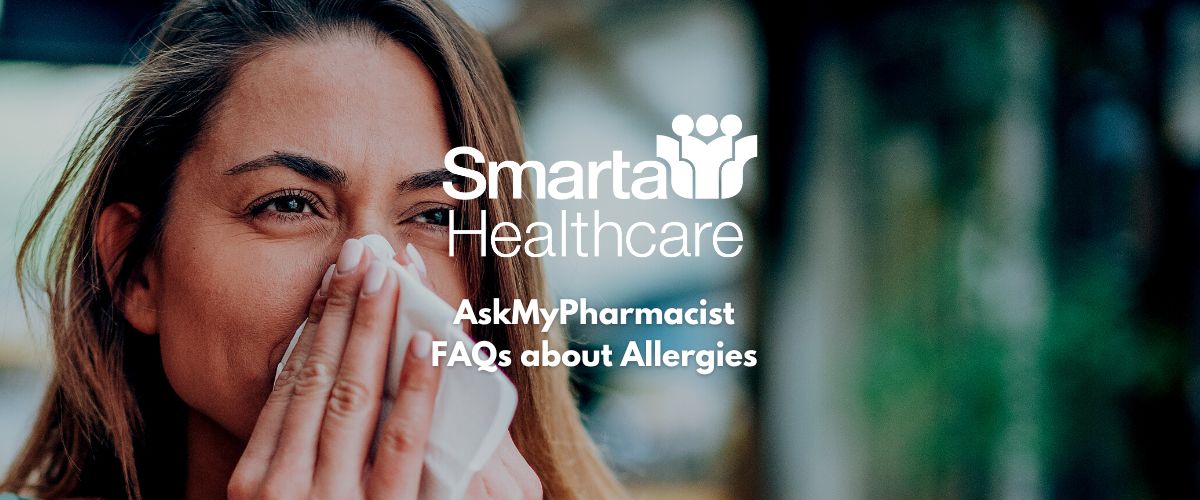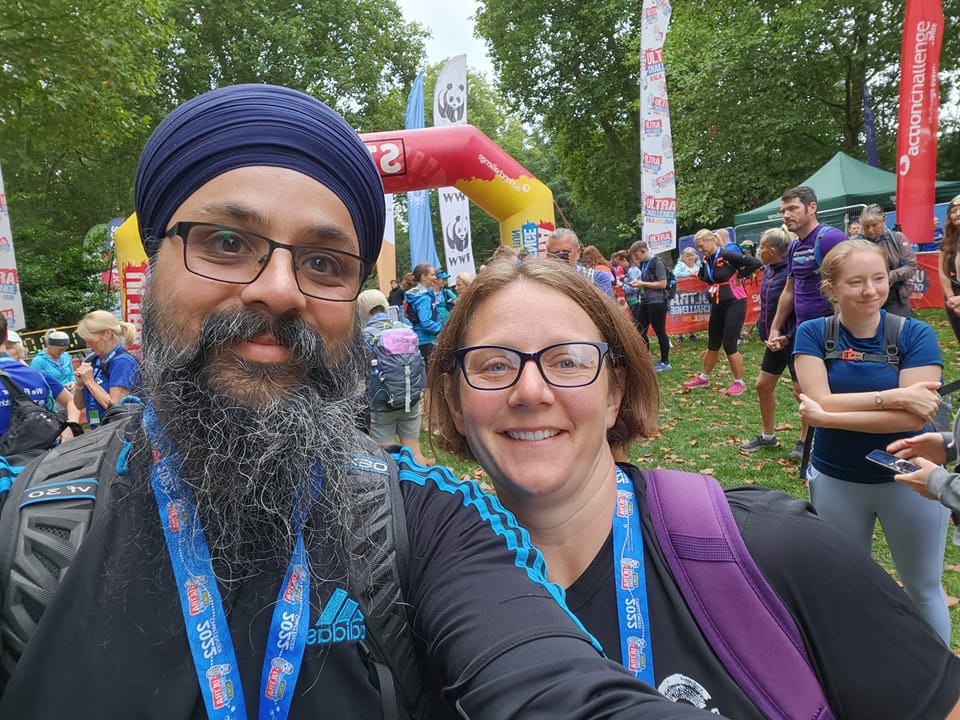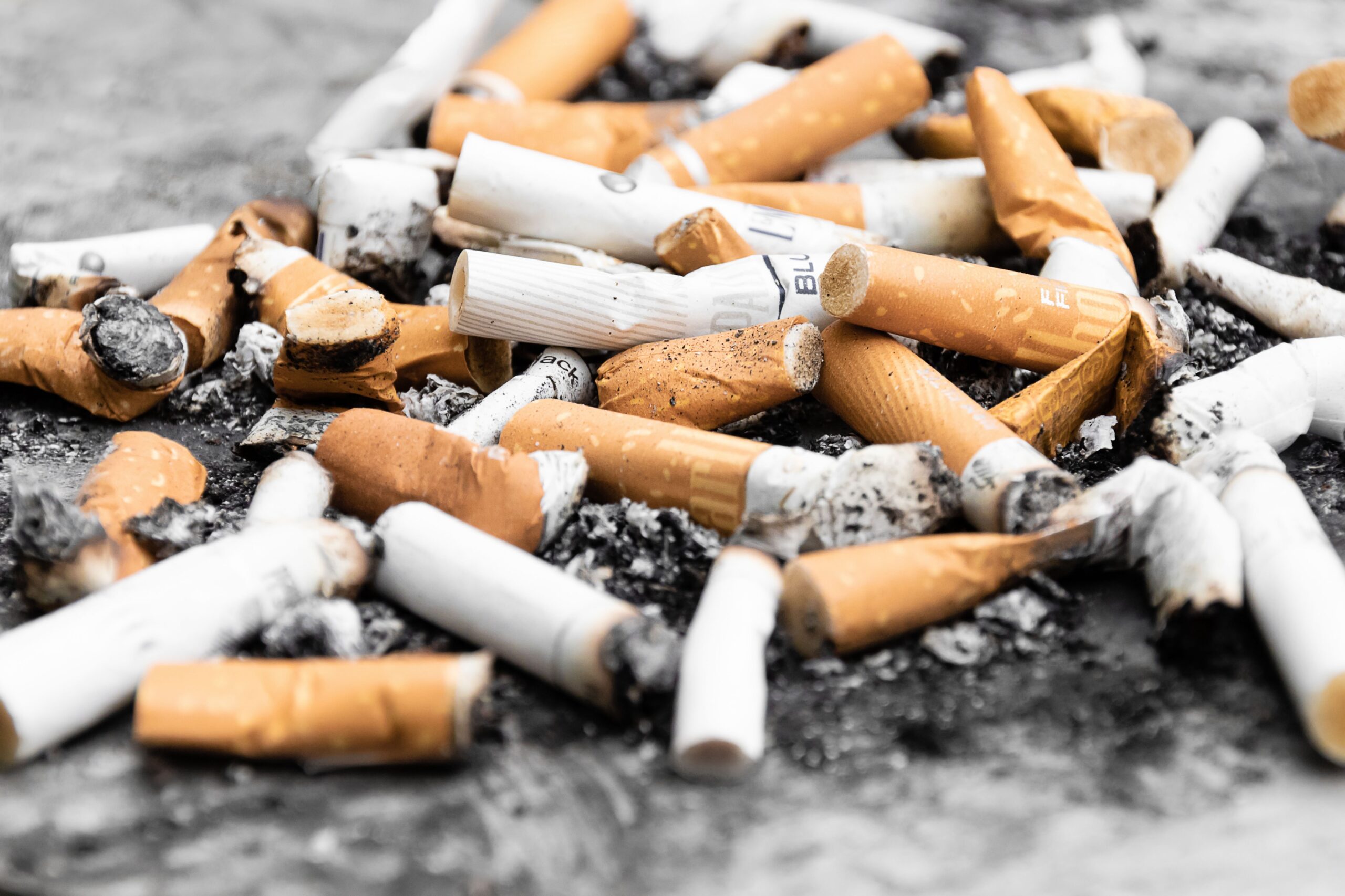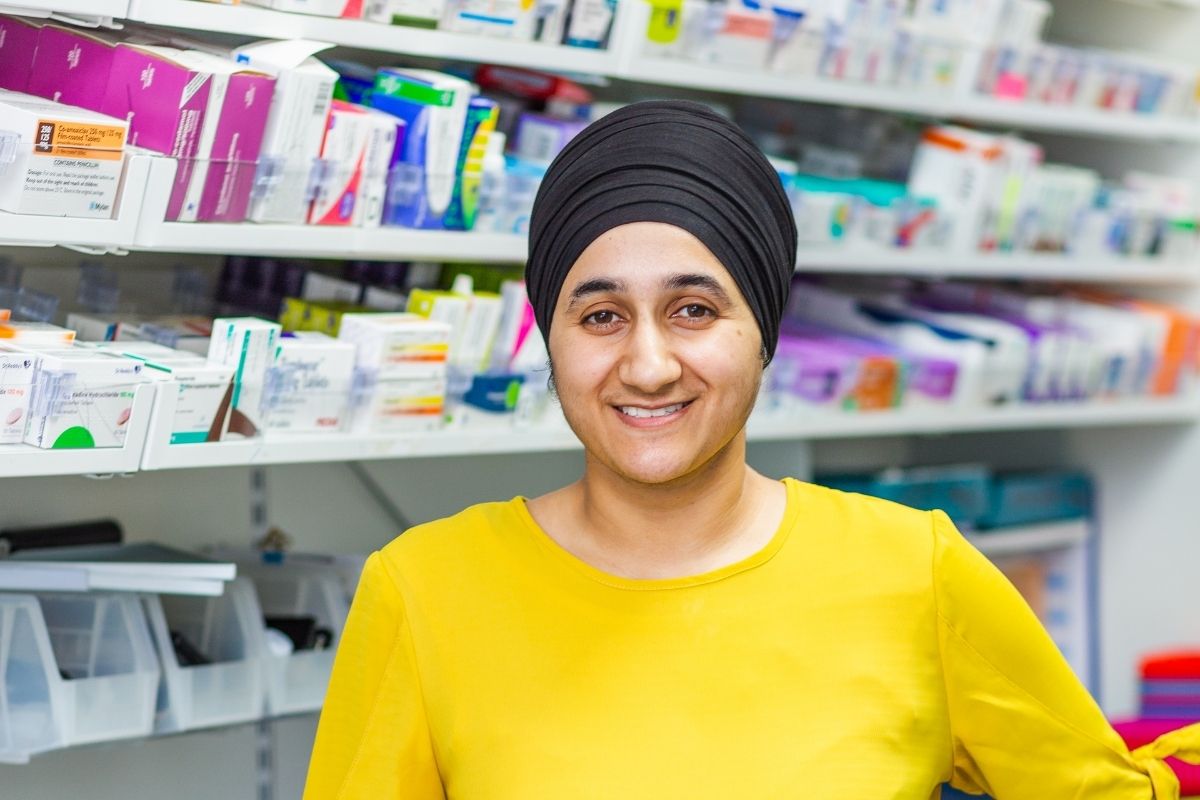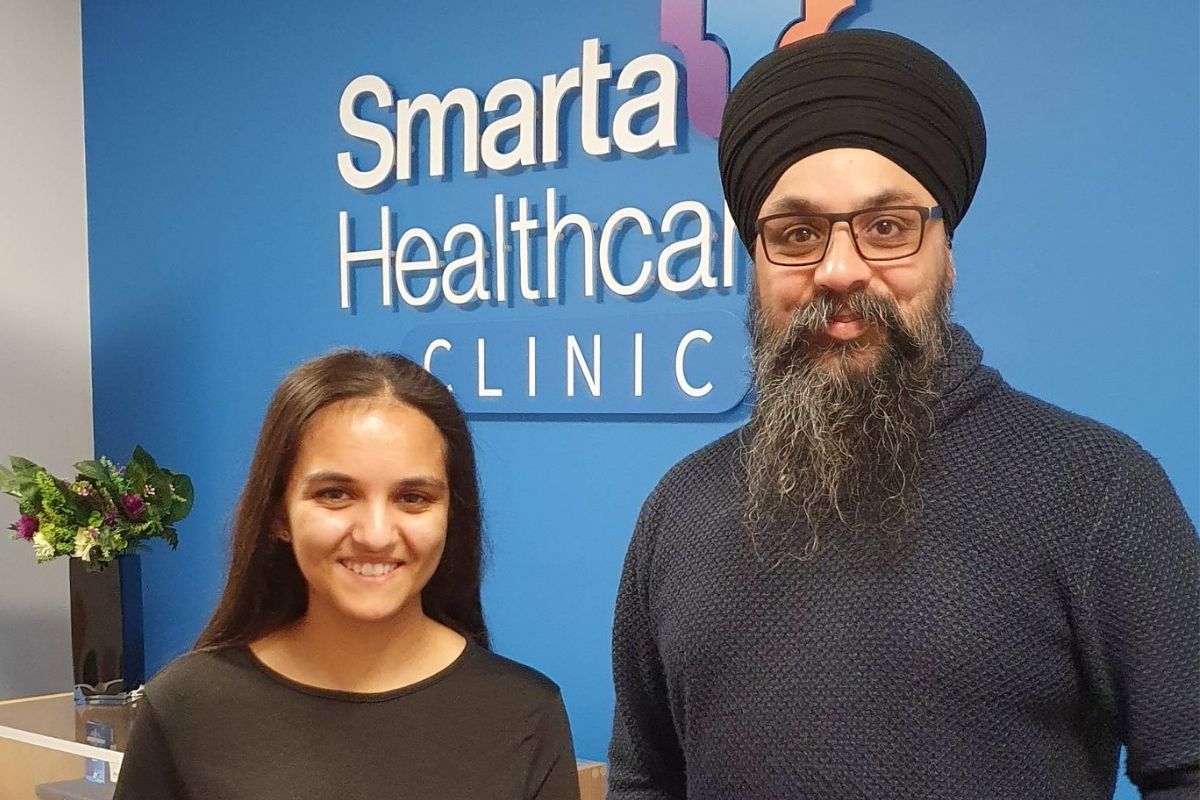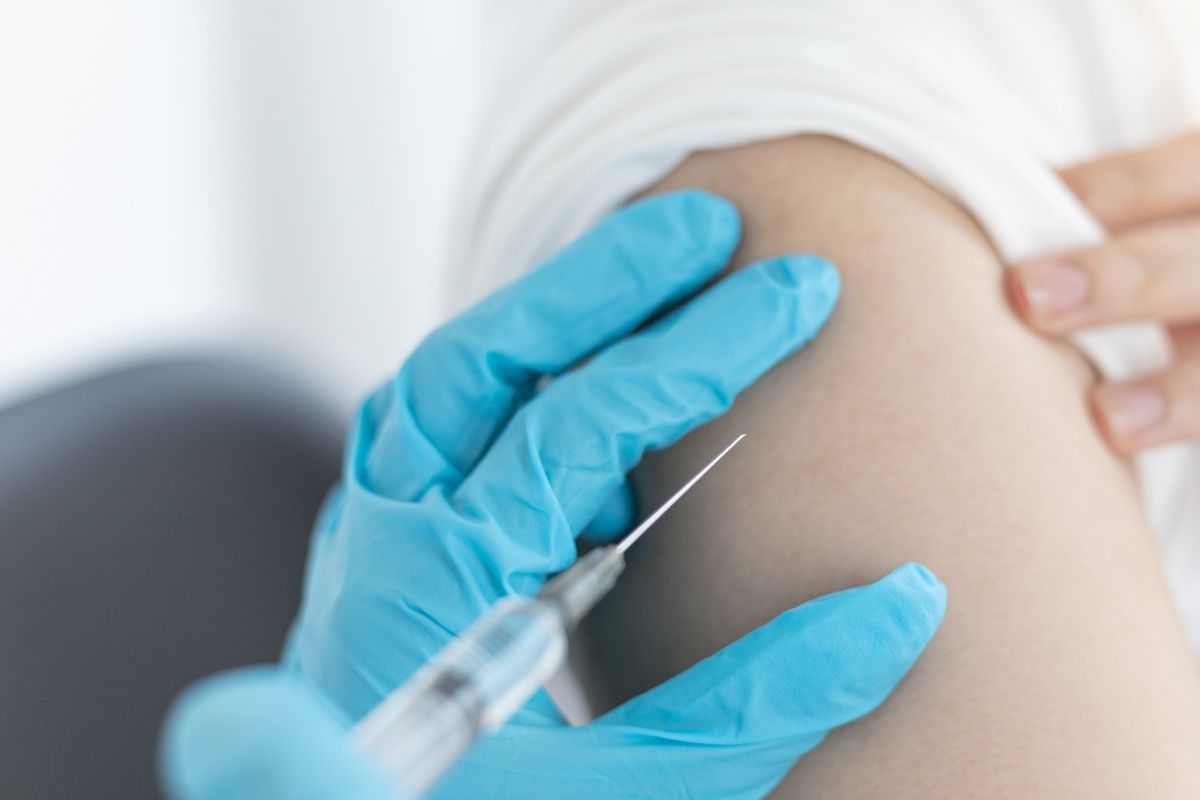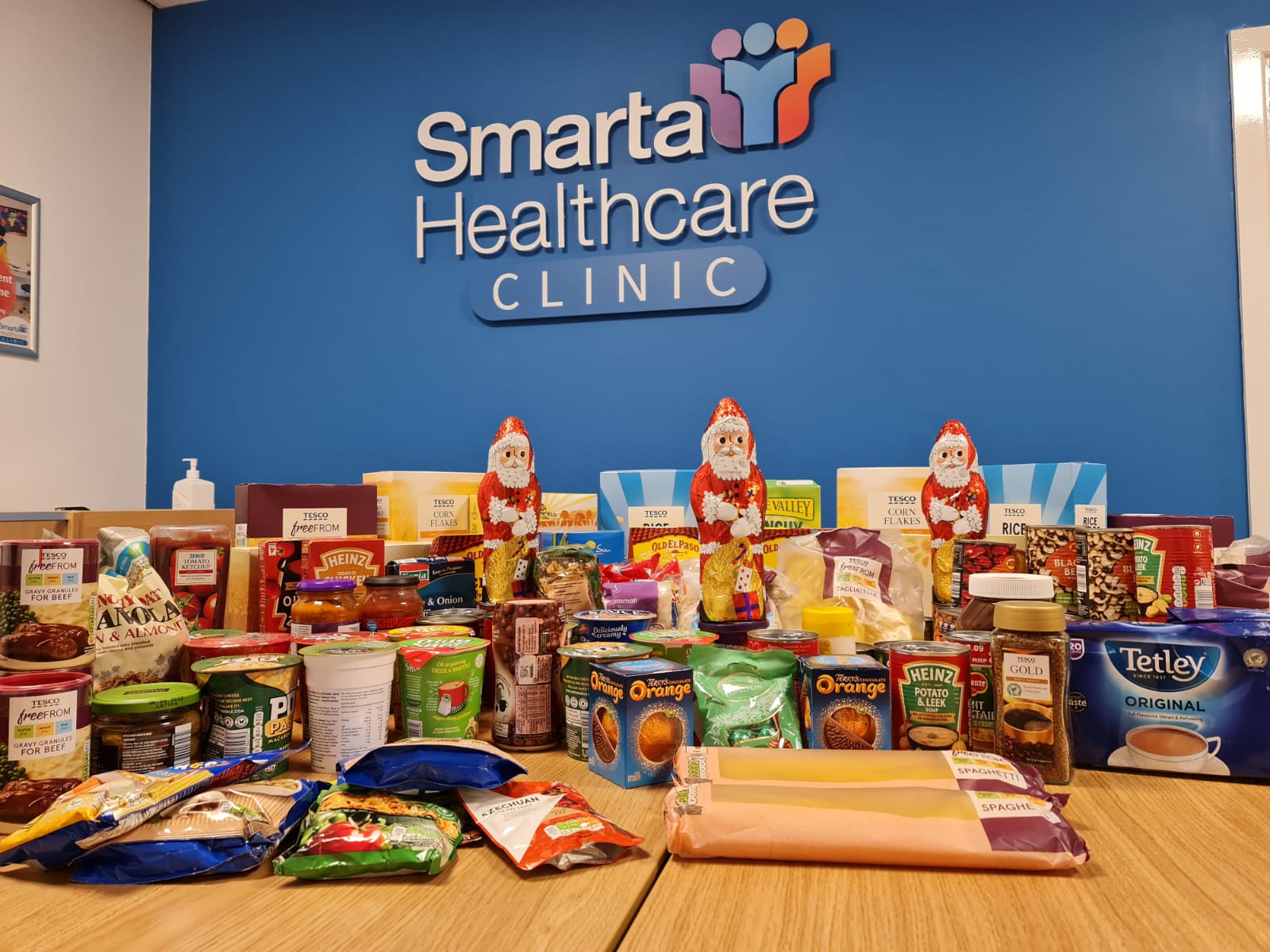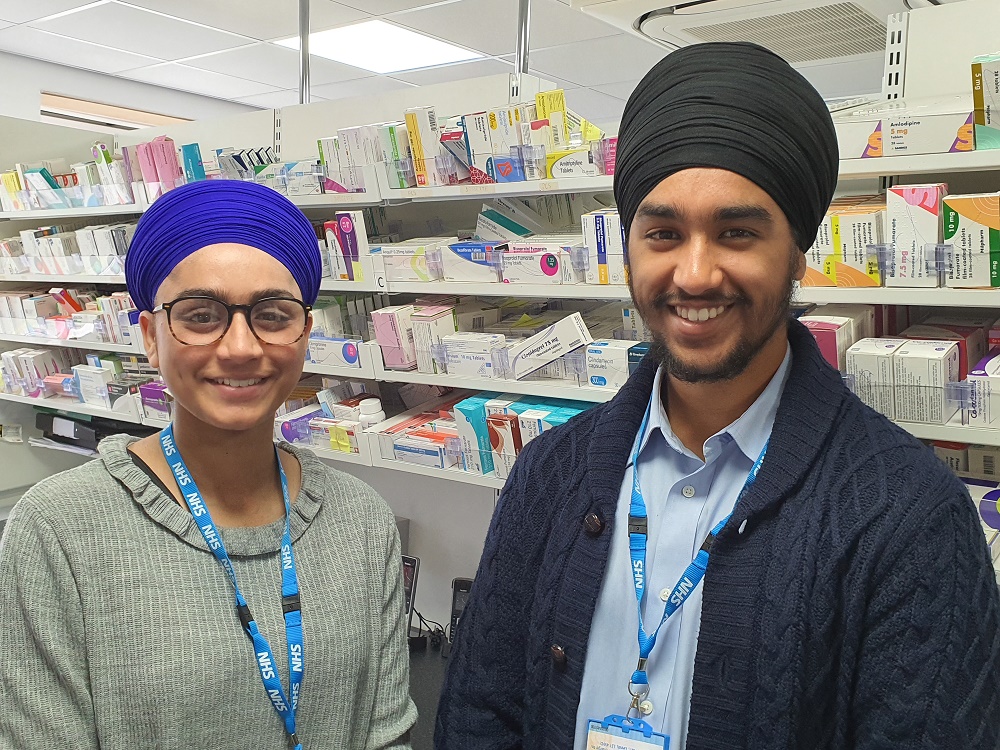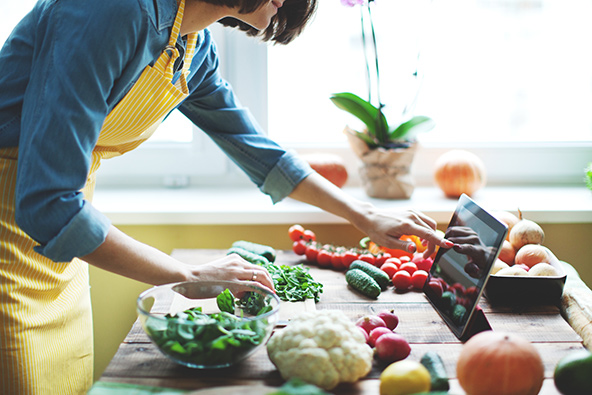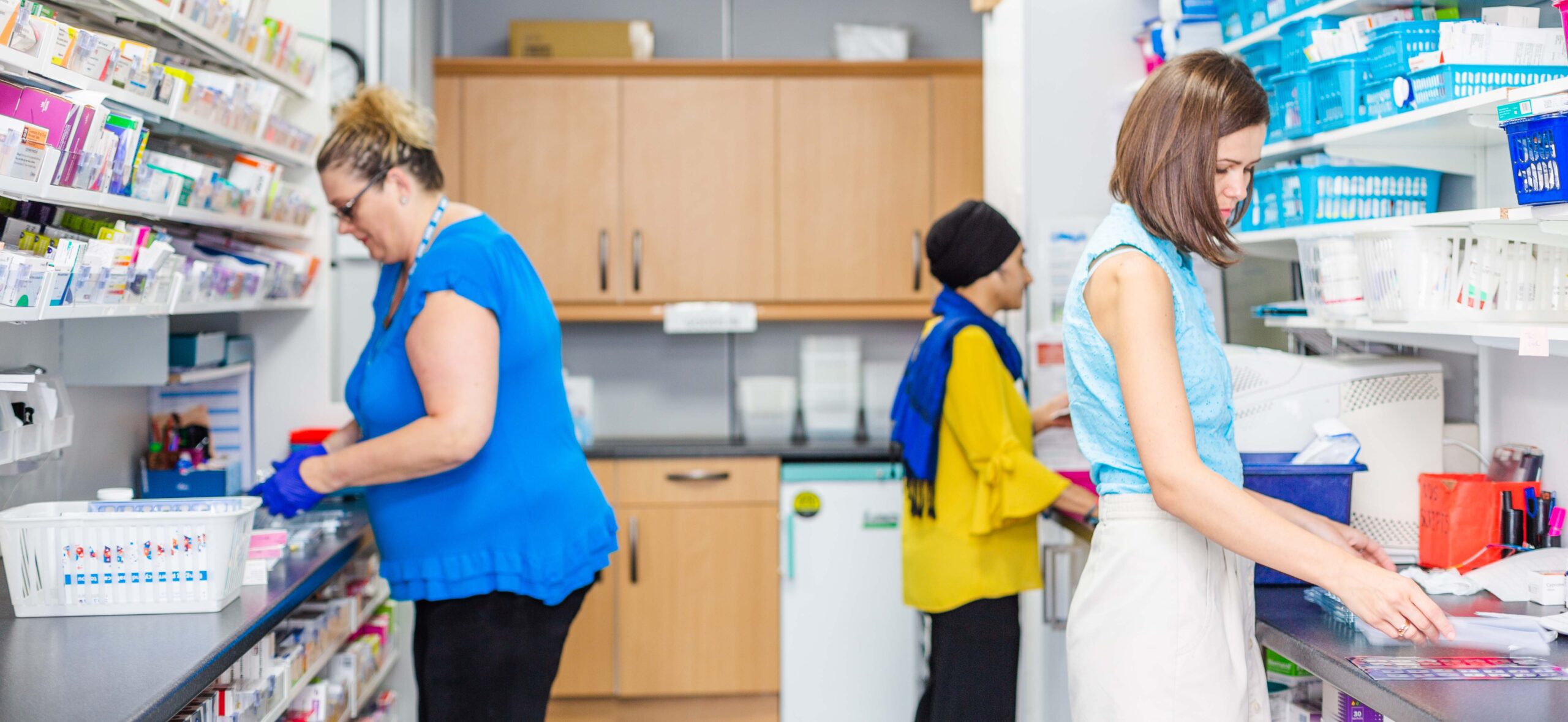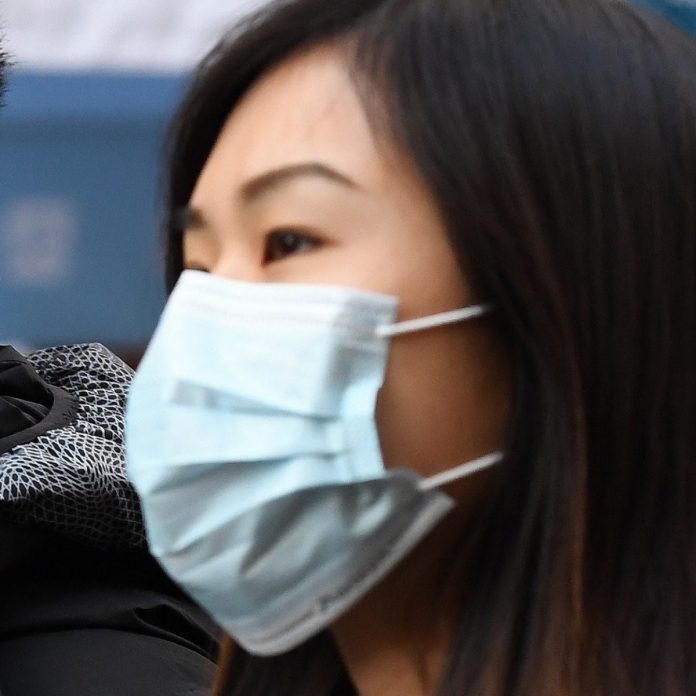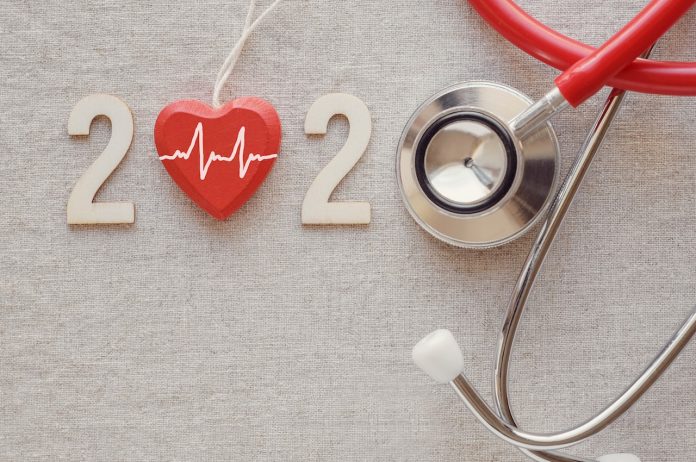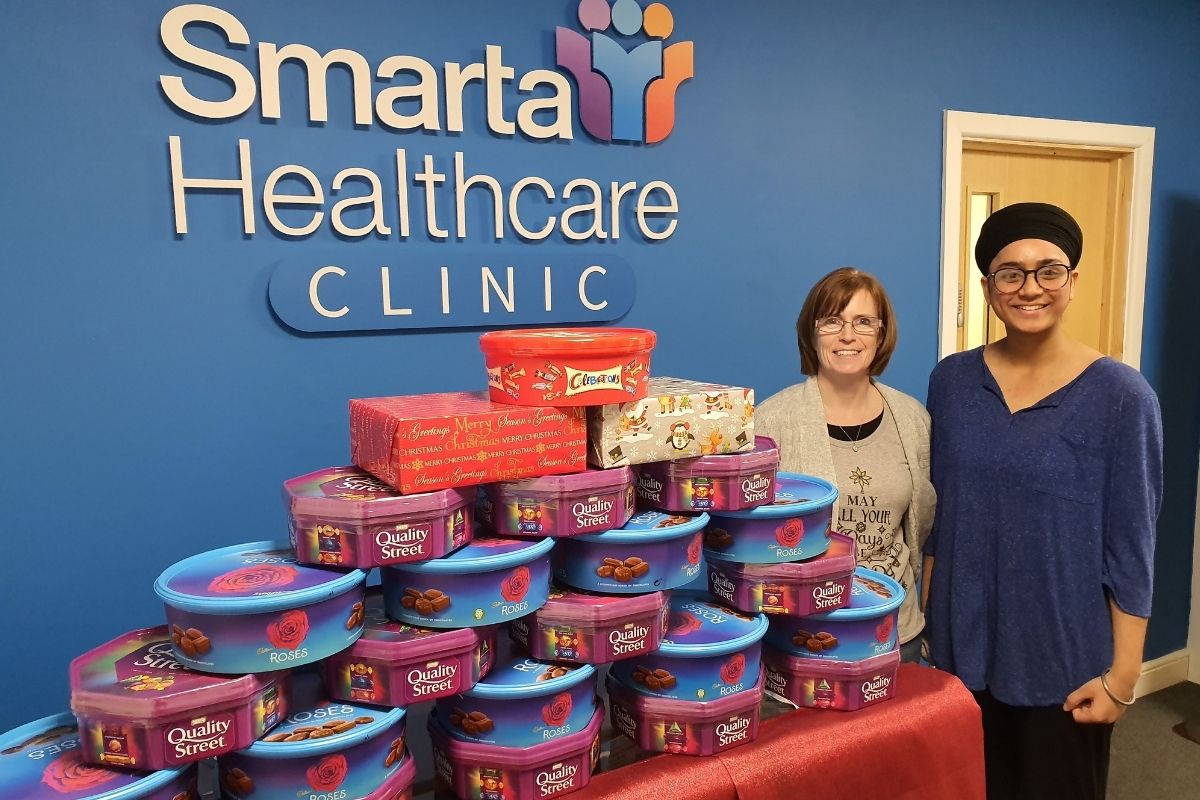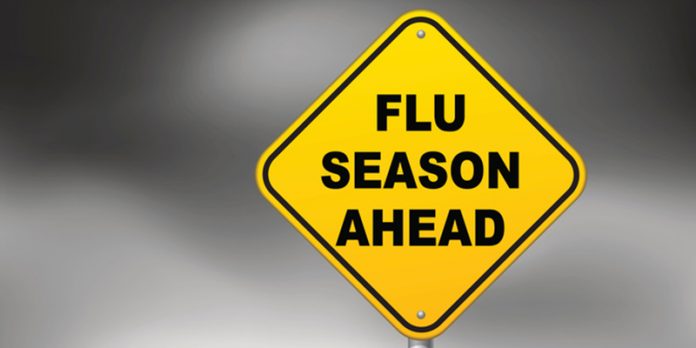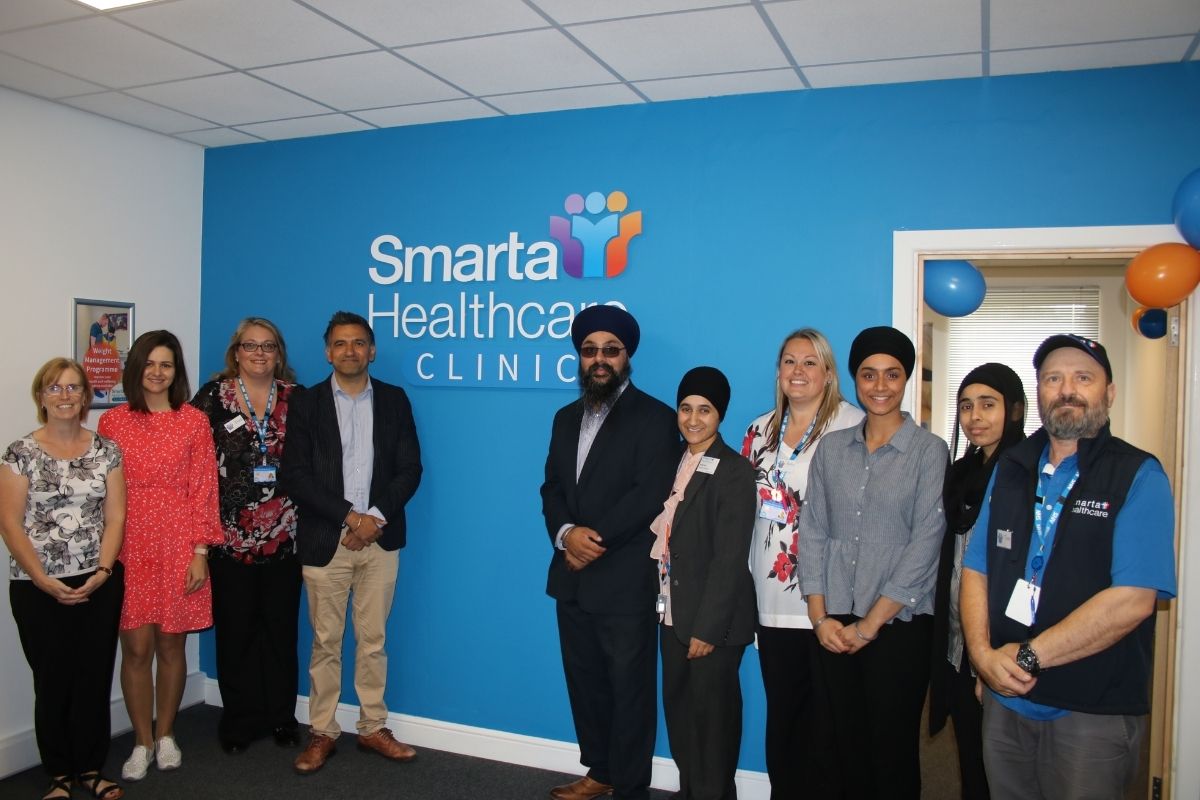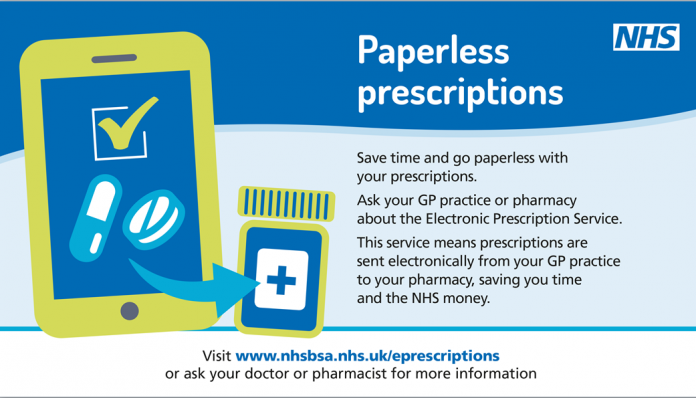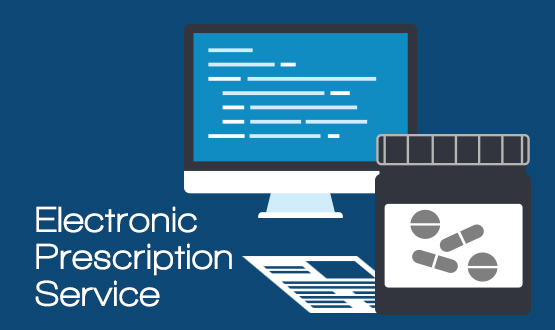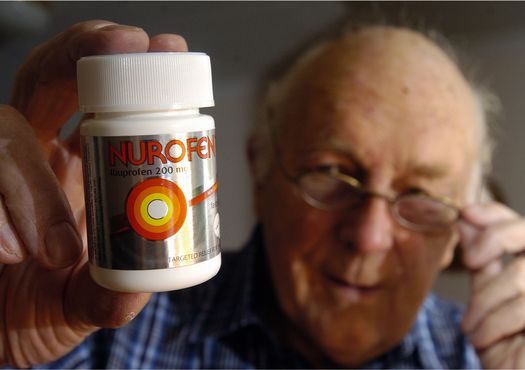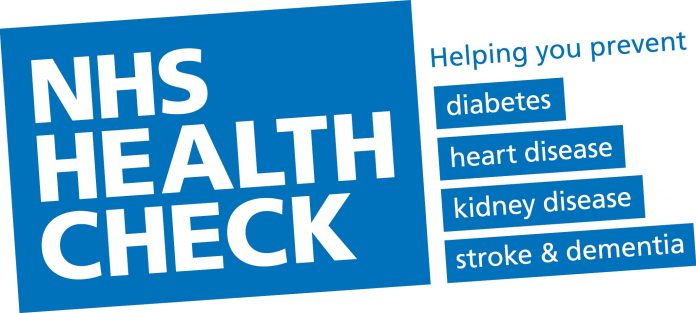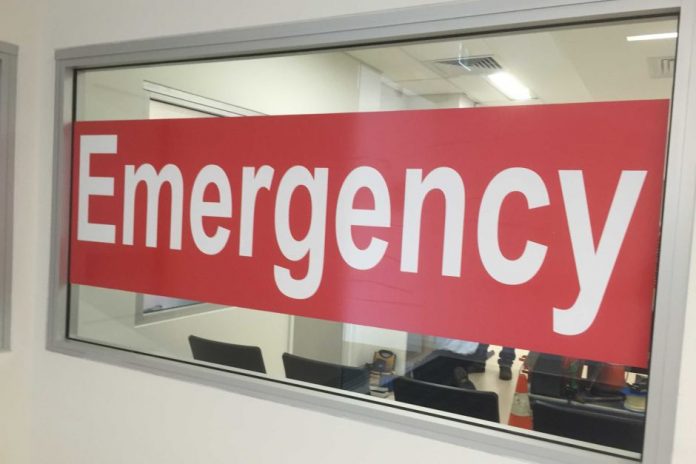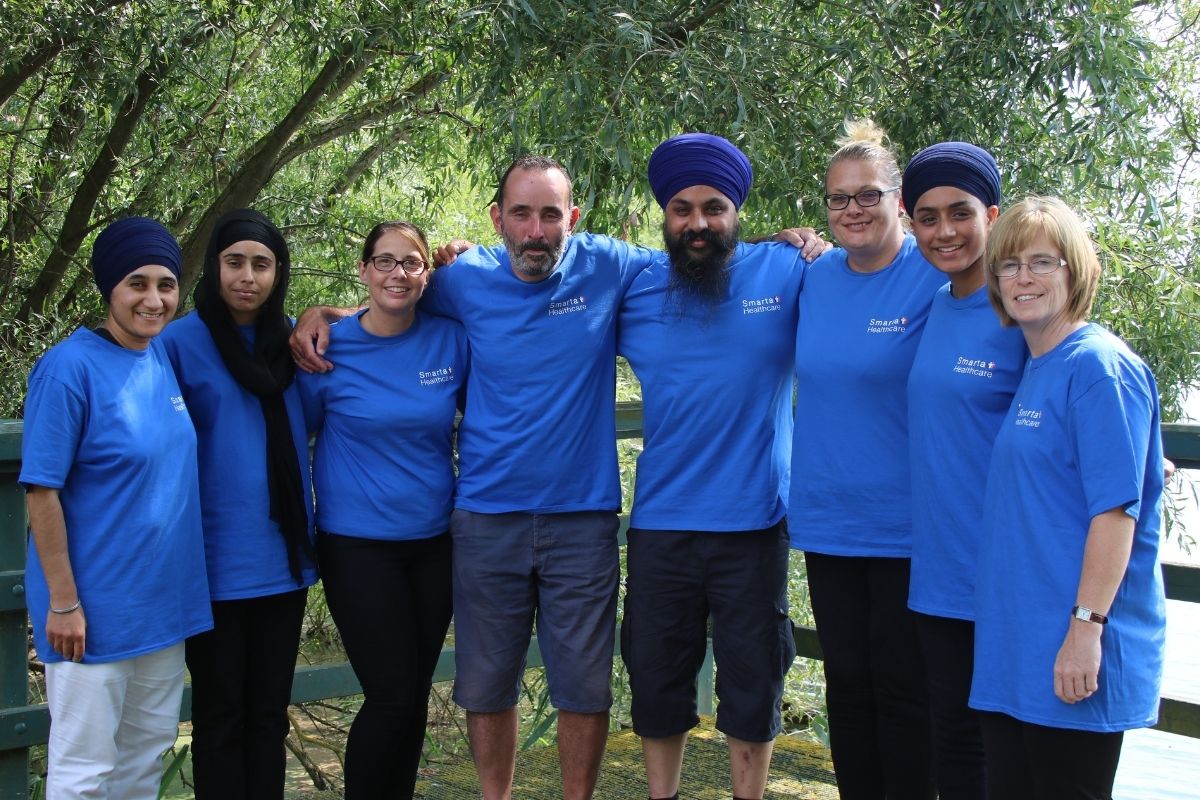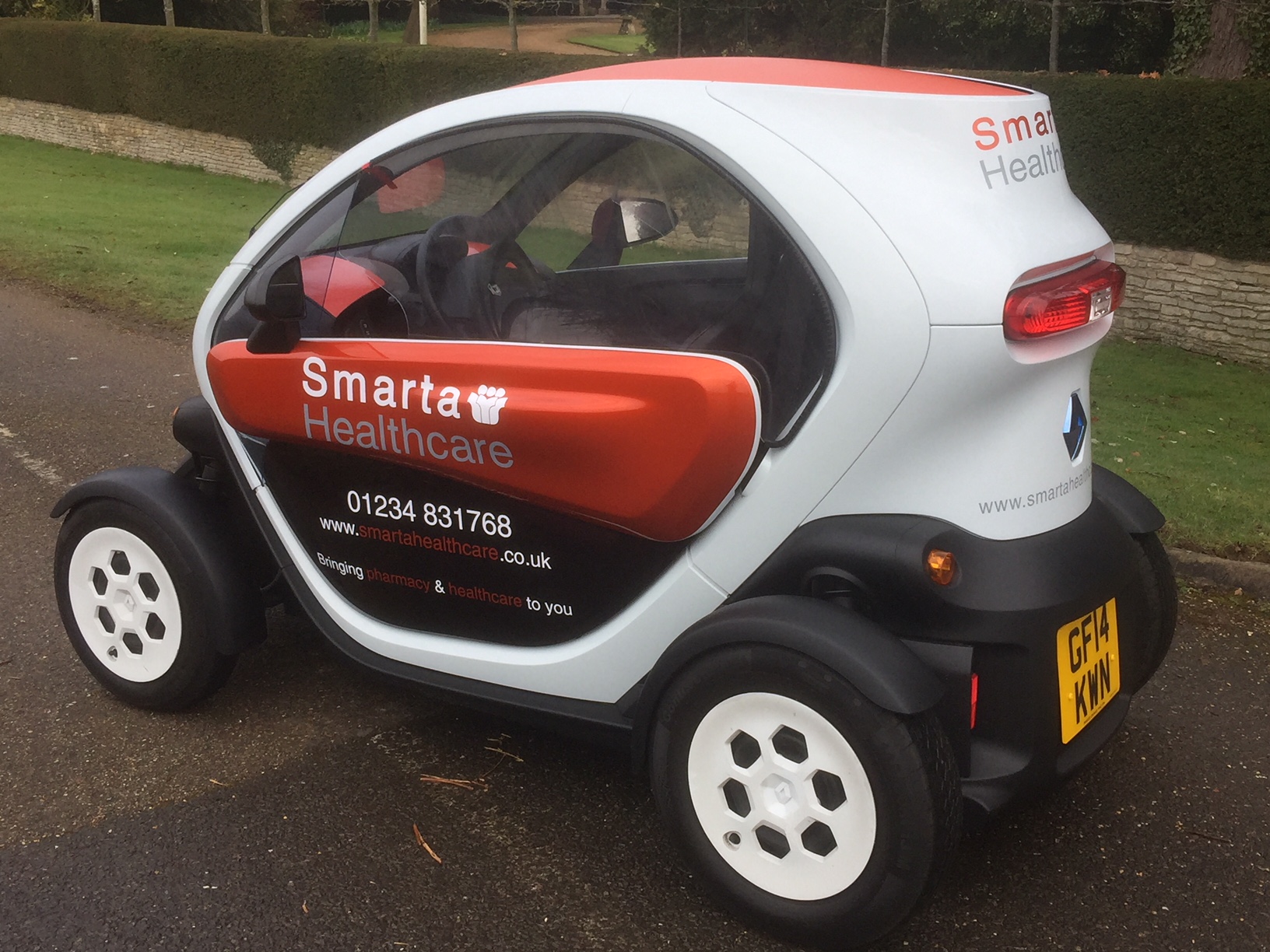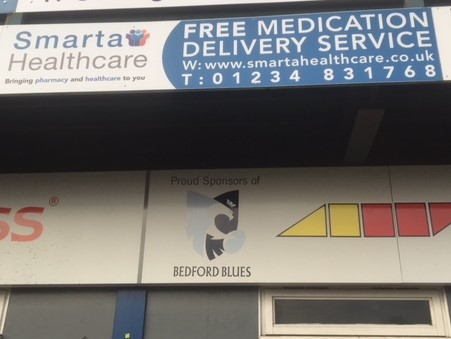How to Prevent Being a Cancer Statistic
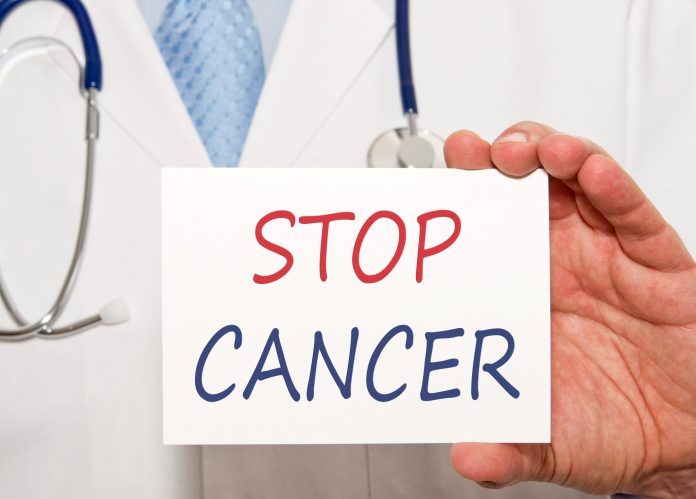
Every 2 minutes someone in the UK is diagnosed with cancer and every 4 minutes someone in the UK dies from cancer*. Shocking as these statistics are, this is now the harsh reality of cancer in our day and age and despite on-going research there are more than 360,000 new cancer cases reported in the UK every year – that’s nearly 990 every day (2013-2015).
Whilst getting cancer is a lottery and you don’t know if your number will be picked, there are still things you can do to lead a healthy lifestyle and try and minimise any risks to your health.
With World Cancer Day coming up on 4th February, it is more vital than ever not to bury your head in the sand and think ‘it won’t happen to me’ as there is unfortunately no guarantee as with any aspect of life.
A recent review on lifestyle habits and cancer prevention entitled ‘Food, Nutrition, Physical Activity and the Prevention of Cancer: A Global Perspective’ by the World Cancer Research Fund and the American Institute of Cancer Research**, found that only a small proportion of cancers are inherited and environmental factors are more influential with food, nutrition, physical activity and body composition playing a central role in the prevention of cancer.
There are several life-style changes you can make to help prevent yourself from getting this deadly disease; as even a small change each week can help lessen your chances of being a statistic.
- Eat a Healthy Diet – Try and eat a diet that includes plenty of fresh fruit and vegetables and other foods from plant sources such as whole grains and beans and limit your intake of processed foods and salt. You can also take some vitamins and/or supplements to help give you the ones you are missing.
- Limit processed meats – It is recommended you consume no more than 11 ounces of red meat a week and even less if this includes processed meats; as these can be potential causes of some cancers. Animal fats are often quite high in calories which increases your risk of weight gain, so white meat poultry and seafood is much better for you as their nutritional profiles are different.
- Limit your alcohol intake – If you choose to drink alcohol, do so in moderation as the risk of various types of cancer; including cancer of the breast, colon, lung, kidney and liver increases with the amount you drink and also the length of time you’ve been drinking regularly for.
- Maintain a healthy weight and be physically active – Being a healthy weight throughout your life can help to lower the risk of some types of cancer and keeping physically fit not only helps you control your weight but has other health benefits. Aim for at least 150 minutes a week of moderate aerobic activity, 75 minutes a week of vigorous aerobic activity or a combination of both but overall aim for 30 minutes of physical activity a day.
- Don’t smoke – As most people are aware by now, smoking has been linked to various types of cancer including cancer of the lung, mouth, throat, larynx, pancreas, bladder, cervix and kidney. Chewing tobacco has also been linked to cancer of the oral cavity and pancreas. Although most public places are now smoking free zones, it is still best to avoid exposure to second-hand smoke as this might also increase your risk of lung cancer.
- Protect yourself from the sun – One of the most common cancers is skin cancer, but you can protect yourself by staying in the shade as much as possible. If not try to avoid the midday sun, cover up exposed areas, use a sunscreen of at least 30 SPF and re-apply sunscreen every 2 hours if you are very hot and/or swimming and avoid tanning beds and sunlamps.
- Get vaccinated – Protecting yourself from certain viral infections can help prevent cancer so talk to your Doctor about vaccination against Hepatitis B, as this can increase the risk of developing liver cancer. This is also recommended for adults at high risk, from those who are sexually active but with several partners, people who have sexually transmitted infections, people who use intravenous drugs, men who have sex with men, and health care or public safety workers who might be exposed to infected blood or body fluids. The Human papillomavirus (HPV) vaccine is also recommended for girls and boys ages 11 and 12 as HPV is a sexually transmitted virus that can lead to cervical and other genital cancers.
- Avoid risky behaviours – It is advised to avoid risky behaviours that can lead to infections that could increase the risk of cancer such as practising safe sex. The more sexual partners you have, the more likely you are to contract a sexually transmitted infection — such as HIV or HPV and therefore, have a higher risk of cancer of the anus, liver and lung. HPV is most often associated with cervical cancer, but it might also increase the risk of cancer of the anus, penis, throat, vulva and vagina. Sharing needles with people who use intravenous drugs can also lead to HIV, as well as Hepatitis B and Hepatitis C which can increase the risk of liver cancer.
- Get regular medical care – by undertaking regular self-exams and screenings for various types of cancers such as cancer of the skin, colon, cervix and breast this can increase your chances of discovering cancer early and you have more chance of successful treatment. It is advised to ask your doctor about the best cancer screening schedule for you depending on your age and medical history.Trying to adopt even some of these changes mentioned may help in the fight to prevent cancer, but it is worth stating that the cancer survival rate is improving and has doubled in the last 40 years in the UK, partly down to research but also as more people become aware of what they can do to help their chances.
Breakthroughs are happening every day and donations to cancer charities are vital both for ensuring research trials can take place; but also, to support patients and their families that are going through the ordeal.
If you would like any help or support on any aspect of changing your lifestyle or help with vitamins or supplements; please get in touch with one of our advisors at Smarta Healthcare who will be only too happy to advise you.
* https://www.cancerresearchuk.org/health-professional/cancer-statistics-for-the-uk#heading-On
